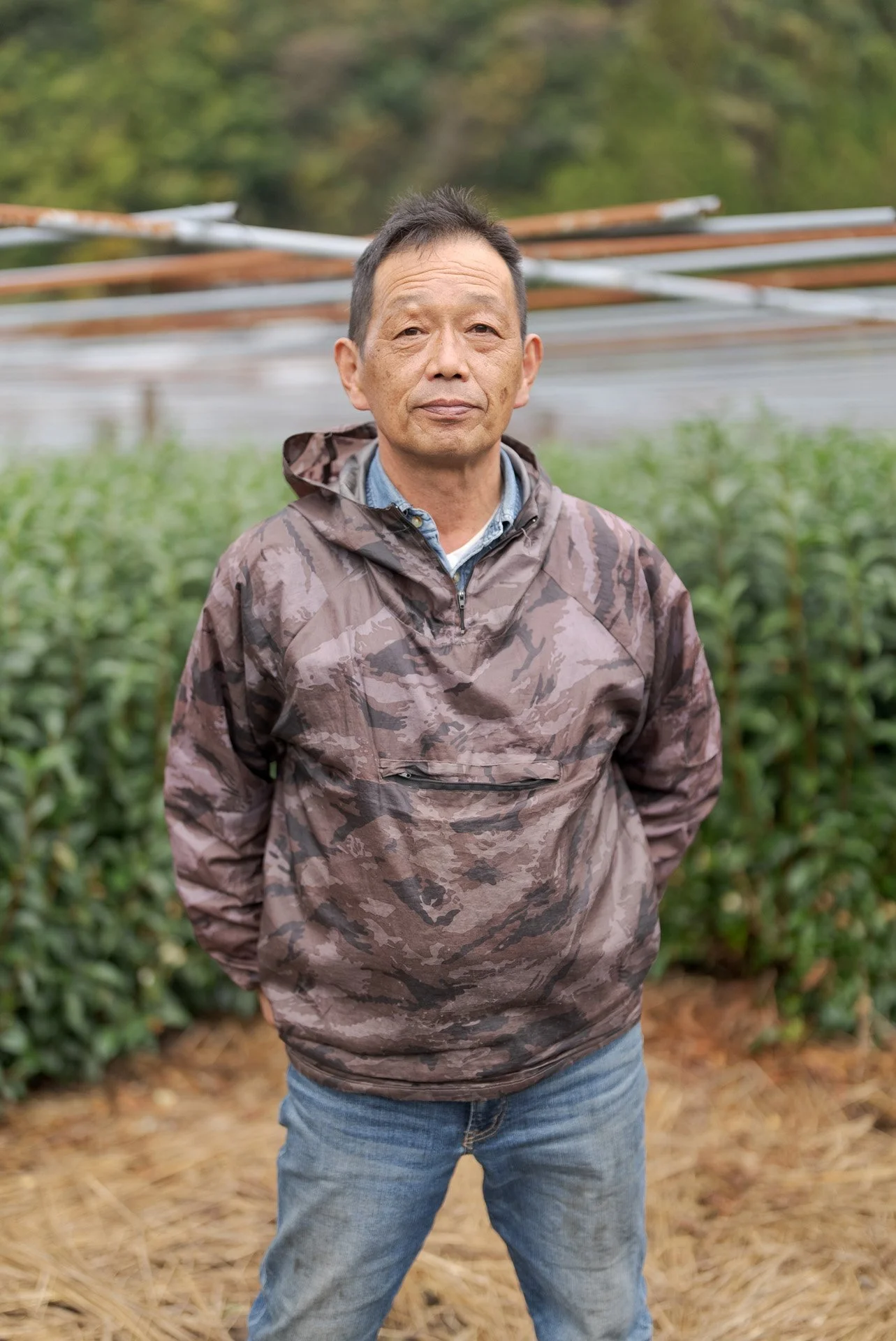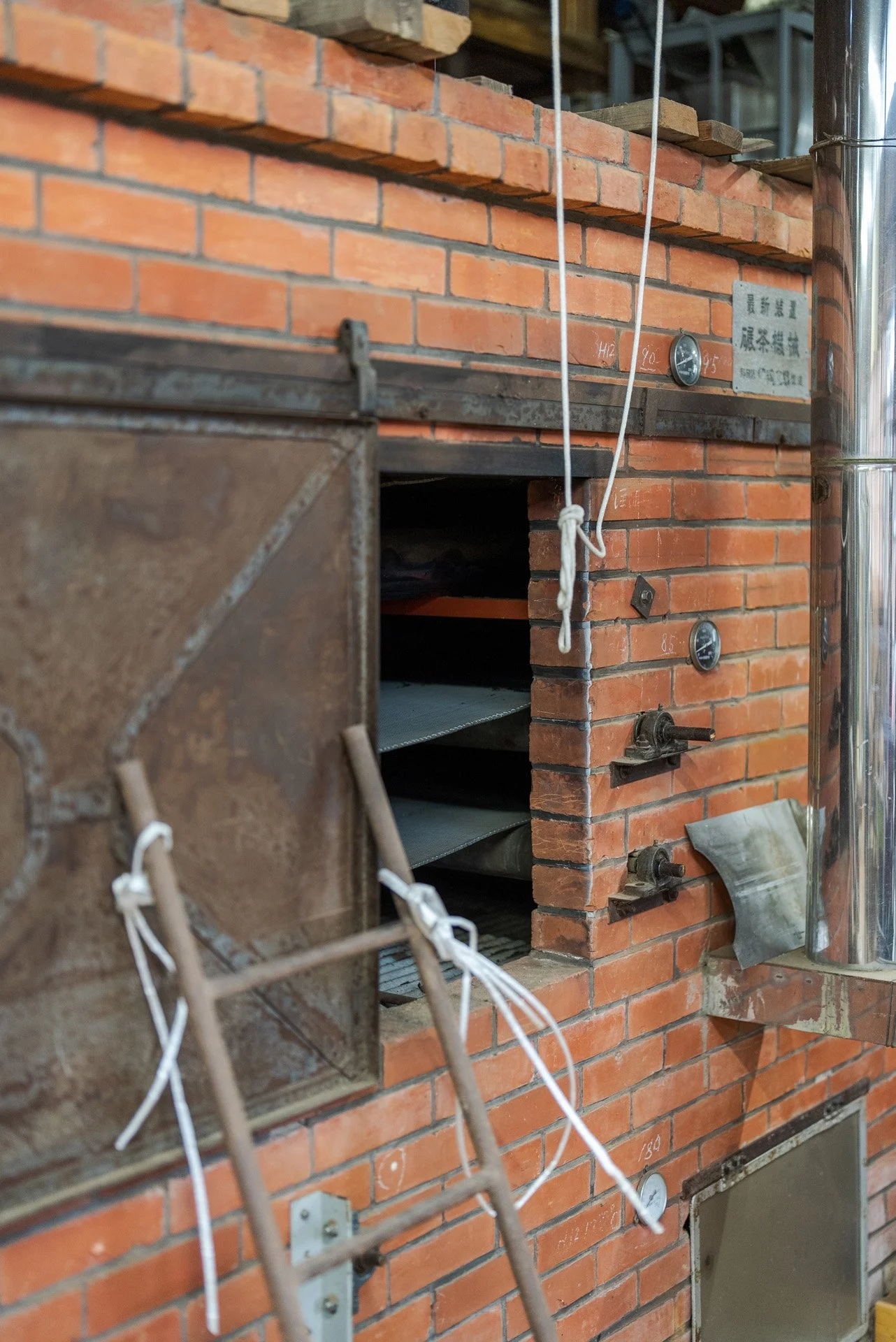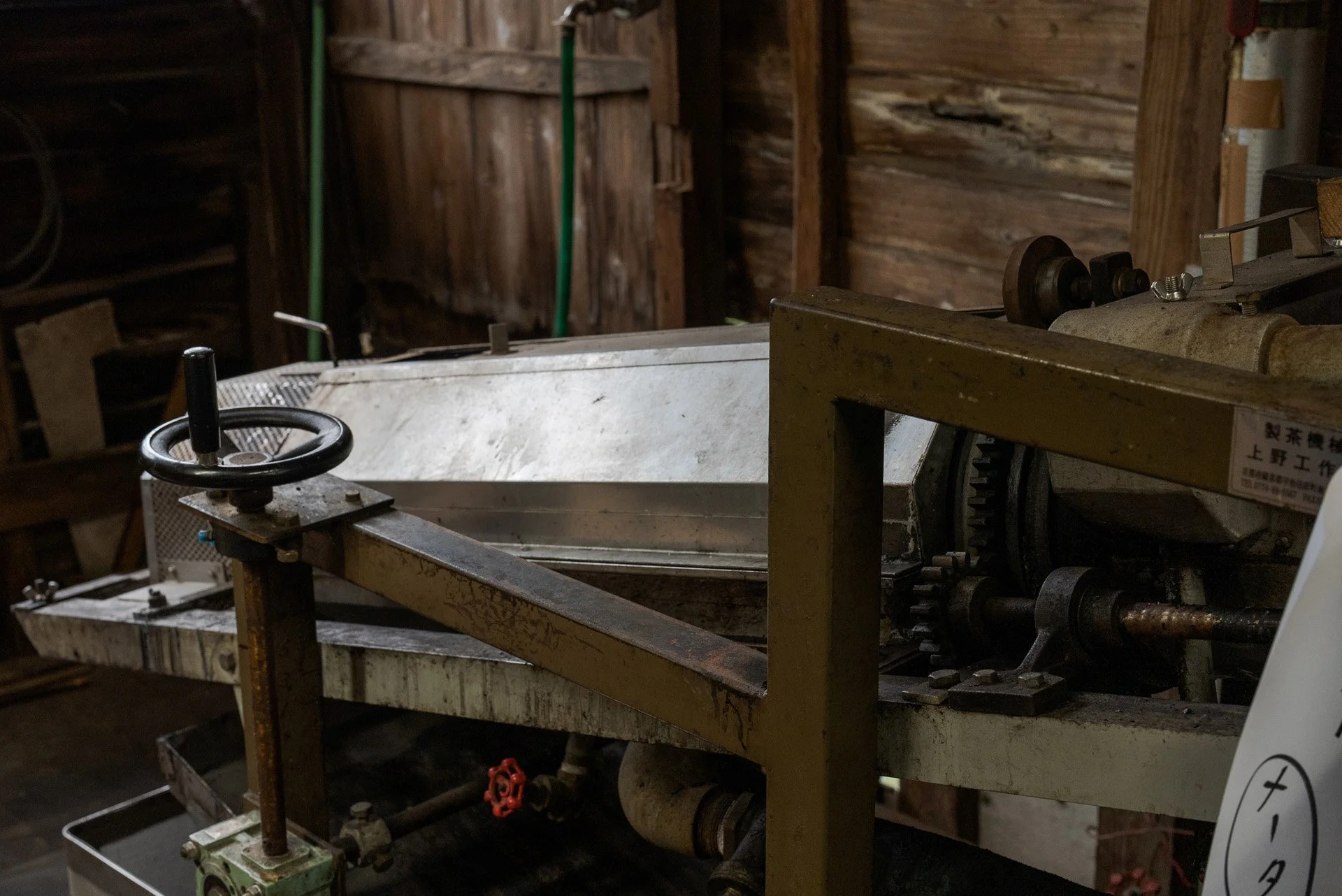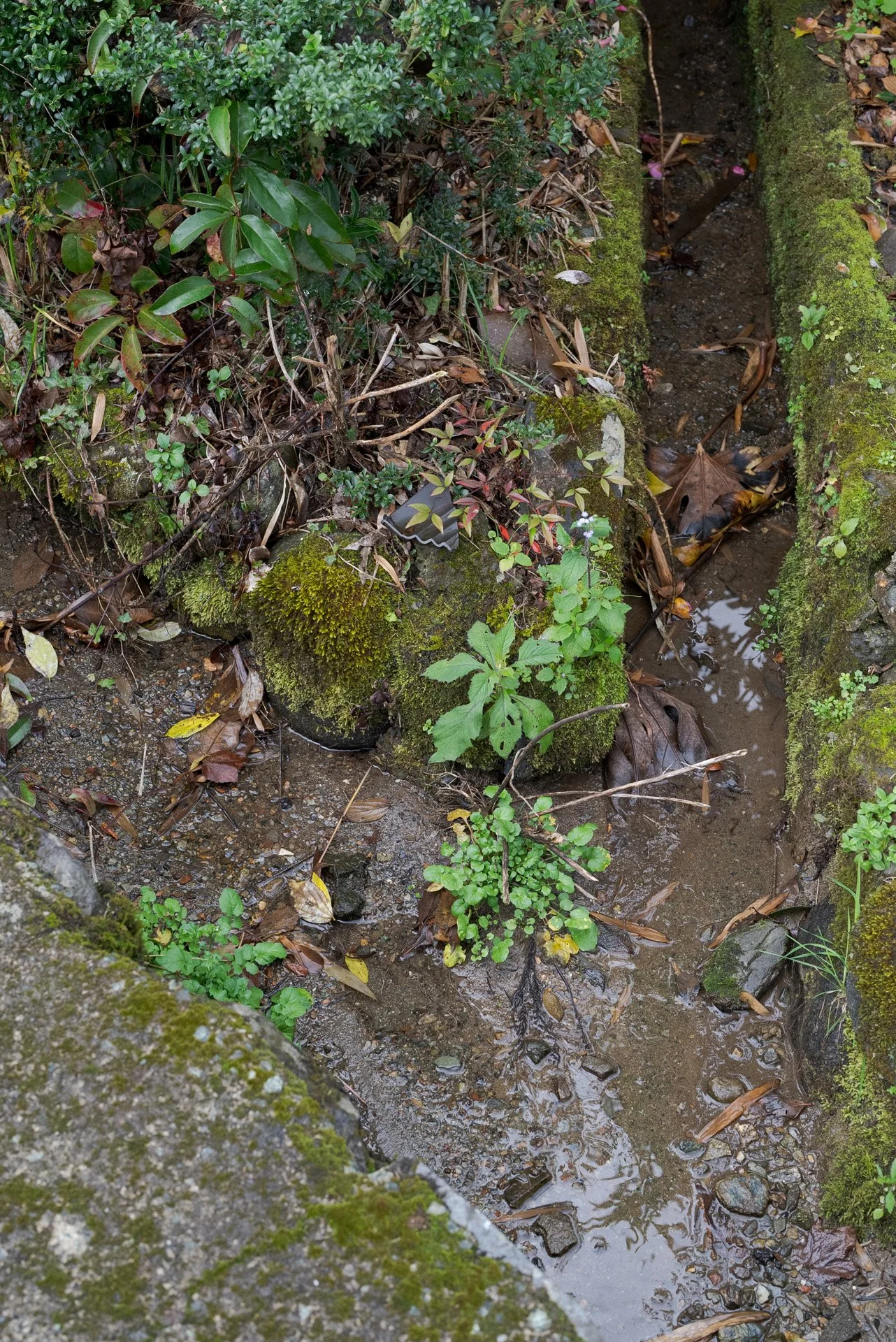Experience a 90+ Year Old Tea Factory in Hoshino Village, Fukuoka
Kurazmi-san of Hoshino Village, Fukuoka, standing in front of his Nationally recognized Tea farm.
Matcha Nōto (抹茶ノート) is Ooika's monthly newsletter. Join here free to learn more behind-the-scenes about high-grade Matcha. This edition was sent out Mid January, 2023.
In a previous Matcha Nōto (抹茶ノート) edition, I mentioned Kurazumi-san of Hoshino-Mura, Fukuoka. Not only is he a first-place recipient of the highly competitive National Tea competition (回全国茶品評会), but he also has the distinction of operating one of the oldest tea factories in Japan.
I’d like to share more about the factory with you here, as well as give you some very exciting news… but first, let’s learn about Kurazumi-san’s factory.
One of Japan’s Oldest Tencha Factories
During my visit, I had the opportunity to see Kurazumi-san's Tencha production factory. Tencha, by the way, is the name of the tea that is ultimately ground into powdered Matcha.
This incredible factory is over 90 years old, making it one of the oldest Tencha factories in Japan. It’s made entirely of brick, with three lines of conveyor belts inside that carry the back and forth to dry.
The metal plaque on the machine in the top right of the photo humorously celebrates that the machine is brand new (which it was, 90+ years ago!)
The Drying Process
The building houses many machines that steam, sort, and wick away excess moisture, I’ll focus mainly on the drying step. This is where the Tencha is dried in the oven in three stages: a hot bottom section at 200°C for 4 minutes, a top section at 90°C, and a middle section at 85°C.
This process takes a total of 33 minutes and is carefully monitored to ensure that the tea leaves are not damaged by the heat.
One of the most impressive features of Kurazumi-san's Tencha factory is its crude oil-burning dryer, which uses very hot air to dry the tea leaves efficiently all without producing any smoke
Limited Capacity
The factory has a capacity of 1000kg of tea per 24 hours, which is half the capacity of a typical Tencha factory.
While the capacity is limited, this antique machine provides a layering of flavor that idiosyncratic, as compared to more modern metal machines.
The Legacy Continues into an Unknown Future
One of the biggest dangers to traditional tea manufacturing in Japan is a lack of interest in the younger generations to participate in tea production.
Luckily for Kurazumi-san, he has two sons which will continue his legacy, ensuring that conservatively produced Matcha and Gyokruo from Hoshino-mura will continue.
However, the future of Kurazumi’s tea antique factory is less sure. He mentioned to me that the building is quite old and unsteady. It is a worry for him that the building may not survive a future earthquake or rough storm.
For now, we can still enjoy tea from this factory. This luxury may not last another decade.
Moss grows along the worn stone path leading to the Hoshino-Mura award-winning tea farms.
Experience Kurazumi’s Nationally Recognized Tea
I promised exciting news, and here it is: Ooika has gotten its hands on a limited stock of Kurazumi-sans’ single-origin, single-cultivar tencha, made in this legendary factory.
Not only that, but his tea is 100% hand-picked (known as tezumi), and is shaded with traditional straw and reed (known as honzusaibai) rather than black plastic tarps.
Both of these processes are exceptionally rare in the world of tea, and almost never seen outside of Japan.
Members of the Ooika Matcha Mill Club will get this groundbreaking Matcha ground fresh, shipped from our mills within just 24 hours right to our member’s doorstep.
The exact date is TBA, but it will be soon (within the next few months.) You will not want to miss this tea! Membership for the Matcha Mill Club is full, but new seats will be opening soon! Sign up for the waitlist below.




